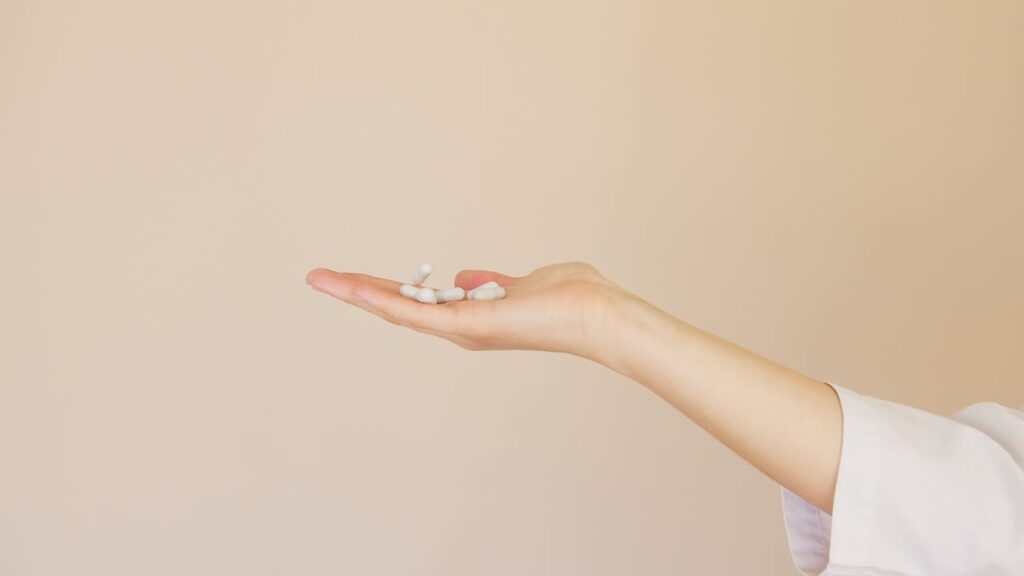
After undergoing rhinoplasty, or nose surgery, taking good care of your body becomes essential to support healing and reduce swelling. One of the simplest but most effective ways to help your recovery is by paying close attention to what you eat. The foods you choose can either boost your body’s natural healing process or, if you’re not careful, cause more swelling, bruising, and even delay your recovery.
In this guide, we’ll walk you through the best foods to eat — and which ones you should avoid — after your rhinoplasty procedure. Following these tips can help you heal faster and feel better sooner.
Why Does Your Diet Matter After Rhinoplasty?
The foods you eat after surgery play an important role in helping your body:
- Repair damaged tissues more quickly
- Reduce swelling and bruising around your nose
- Keep your immune system strong and healthy
- Prevent infections that might slow down recovery
On the other hand, some foods cause inflammation or fluid retention, which can increase swelling and discomfort. Eating the right foods helps your body heal smoothly and protects your surgical results.
Best Foods to Include in Your Diet After Rhinoplasty
Here are the top types of foods you should include in your diet to support healing:
1. Fruits and Vegetables
Fruits and vegetables are full of vitamins, minerals, and antioxidants that help your body heal faster.
- Vitamin C is especially important because it supports collagen production, a protein your body uses to repair skin and tissues. Great sources include oranges, strawberries, kiwi, and bell peppers.
- Leafy greens such as spinach and kale help reduce inflammation and provide essential nutrients.
- Vegetables like carrots and sweet potatoes are rich in vitamin A, which supports healthy skin.
Eating a variety of colorful fruits and veggies every day will give your body the nutrients it needs to recover well.
2. Lean Proteins
Protein is essential for rebuilding damaged tissues and creating new cells after surgery.
- Choose lean sources like chicken, turkey, fish, tofu, and eggs.
- Try to avoid fried or highly processed meats, as these can cause more inflammation and slow down healing.
3. Whole Grains
Whole grains such as brown rice, oatmeal, and whole-wheat bread provide steady energy and fiber, which helps keep your digestion regular. Good digestion is important because some pain medications and reduced activity after surgery can cause constipation.
4. Healthy Fats
Healthy fats play a role in cell growth and reducing inflammation, which is important for recovery.
- Include foods like avocados, olive oil, nuts, and seeds in your meals.
These fats also help your body absorb fat-soluble vitamins from fruits and vegetables, supporting overall health.
5. Stay Hydrated: Water and Herbal Teas
Drinking plenty of fluids helps reduce swelling and flush toxins out of your system.
- Drink water throughout the day to stay hydrated.
- Herbal teas, such as chamomile or ginger tea, can soothe inflammation and provide gentle comfort during recovery.
Foods to Avoid for a Smooth Recovery
Certain foods can make swelling worse or slow down your healing. It’s best to stay away from these while you recover:
1. Salty Foods
Salt causes your body to retain water, which can increase swelling and puffiness.
- Avoid chips, canned soups, processed snacks, and salty fast foods.
2. Spicy Foods
Spicy dishes can irritate your nose and skin, leading to more redness and swelling.
- Hold off on spicy foods until your swelling has reduced.
3. Alcohol
Alcohol thins your blood, increasing the chance of bleeding and bruising after surgery. It also dehydrates your body, which can delay healing.
- Avoid alcohol for at least a week or as your surgeon recommends.
4. Caffeine
Too much caffeine can cause dehydration and raise your blood pressure, both of which may slow recovery.
- Limit coffee, black tea, energy drinks, and sodas while healing.
5. Sugary and Processed Foods
Sugary treats and processed foods increase inflammation and usually provide little nutritional value, making it harder for your body to heal quickly.
- Focus on fresh, whole foods instead.
Simple Meal Plan Idea for Your Recovery Day
To give you an idea of how to eat well after your surgery, here’s a simple sample meal plan:
- Breakfast: Oatmeal topped with fresh berries and a drizzle of honey
- Morning Snack: A handful of almonds and a juicy orange
- Lunch: Grilled chicken salad with mixed greens, avocado slices, and olive oil dressing
- Afternoon Snack: Crunchy carrot sticks with hummus
- Dinner: Baked salmon with steamed broccoli and brown rice
- Drinks: Plenty of water and chamomile tea throughout the day
Extra Tips for Eating Comfortably After Rhinoplasty
- Eat smaller, frequent meals instead of large ones to avoid feeling too full or bloated, which can add pressure to your face.
- Avoid very hot or very cold foods if your nose feels sensitive or uncomfortable.
- Chew slowly and gently to prevent straining your facial muscles.
- Always follow any specific dietary instructions your surgeon provides.
Final Thoughts on Diet and Healing After Nose Surgery
Choosing the right foods after rhinoplasty can make a big difference in how quickly and comfortably you heal. Prioritize fresh, nutritious foods like fruits, vegetables, lean proteins, whole grains, and healthy fats, while steering clear of salty, spicy, alcoholic, caffeinated, and processed items to keep swelling down and protect your results.
Remember that your diet is only one part of the recovery process. Along with eating well, be sure to follow your surgeon’s advice, get plenty of rest, and be patient with your healing journey. By taking care of your body in these ways, you will give yourself the best chance to heal beautifully and enjoy your new look.
